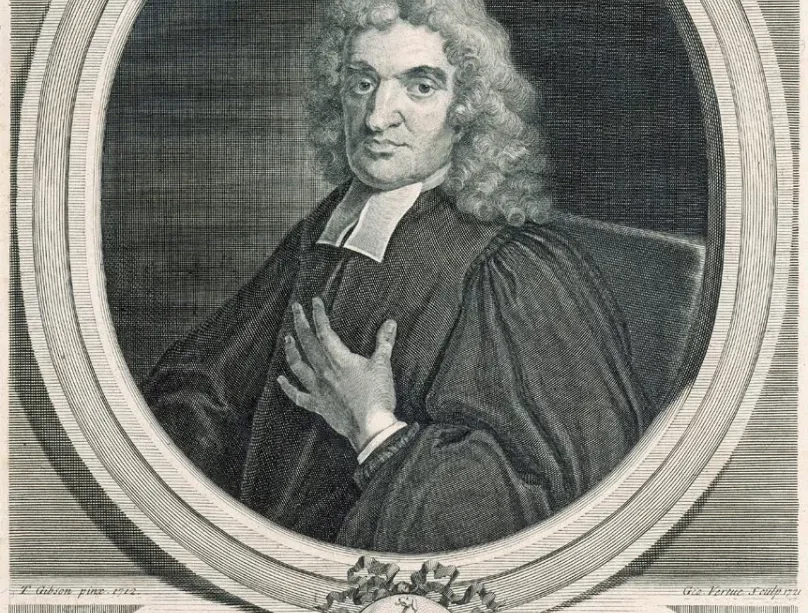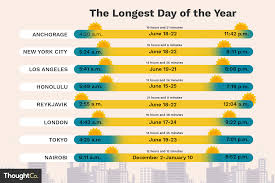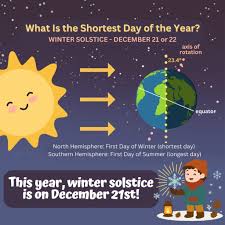The Role and Importance of the Astronomer Royal

Introduction
The title of Astronomer Royal is one of the most prestigious positions within the field of astronomy, serving as both an advisor to the monarchy and a significant figure in the advancement of astronomical knowledge. Currently held by Professor Martin Rees, the role has existed since 1675 and represents a vital link between the scientific community and the public. The importance of this role extends far beyond ceremonial duties, contributing to national and international discourse on scientific matters.
Current Events and Activities
In recent months, the Astronomer Royal has been notably active in promoting science literacy and advocacy for space research. In June 2023, Professor Rees delivered a keynote address at the Royal Society’s annual meeting, highlighting the urgency of space exploration and the need for greater funding in research. He discussed the profound implications of astrobiology and the potential for life beyond Earth, which could reshape our understanding of humanity’s place in the universe.
Additionally, the Astronomer Royal has been involved in several public engagement initiatives, such as outreach programmes aimed at schools across the UK, where he advocates for STEM (science, technology, engineering, and mathematics) education. These initiatives aim to inspire the next generation of scientists and ensure sustained interest in astronomy and related fields.
Significance of the Role
The role of the Astronomer Royal is significant not only in promoting the scientific inquiry of the cosmos but also in advising on issues such as climate change, which relies heavily on understanding Earth’s systems from a cosmic perspective. The position provides a unique platform to address global challenges, bridging astronomy with pressing environmental concerns.
Moreover, the Astronomer Royal plays a pivotal role in connecting academia with policymakers, ensuring that scientific advice informs national decisions. As discussions surrounding space debris and the management of satellite technology grow more critical, the Astronomer Royal’s insights could influence regulations that shape the future of space sustainability.
Conclusion
The role of the Astronomer Royal remains pivotal in advancing our understanding of the universe while also engaging society in scientific discourse. As we forge ahead into an era of rapid technological change and space exploration, the leadership provided by figures like Professor Martin Rees can inspire confidence in science and encourage public curiosity about cosmic phenomena. With the upcoming projects within the European Space Agency and potential UK-led missions to the Moon and Mars, the Astronomer Royal’s contributions will likely continue to be of great significance in the years to come.








